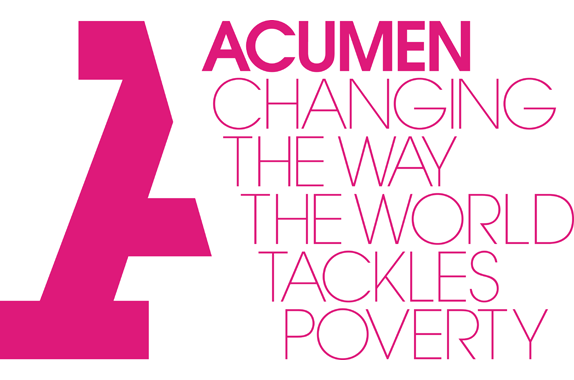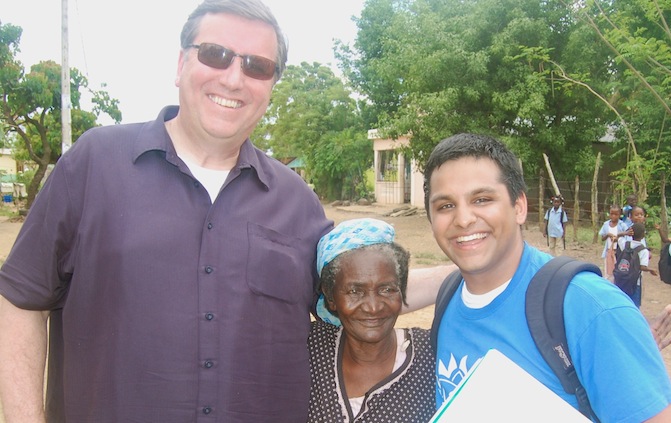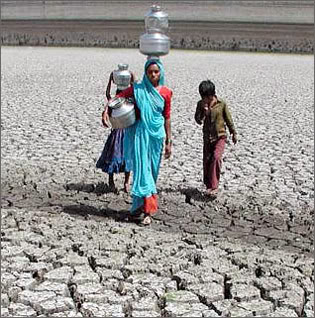Spotlight Stories
Amanda Prifti: Partners in Health
“Everyone is hard-working, unbelievably friendly, dedicated and united for a greater purpose — ending global health inequality. When something so meaningful is a common factor in an environment, it’s electrifying. Contagious. Invigorating. Really makes waking up every morning a pleasure rather than a chore,” said Amanda Prifti, a senior at Northeastern finishing her final co-op at Partners in Health.


